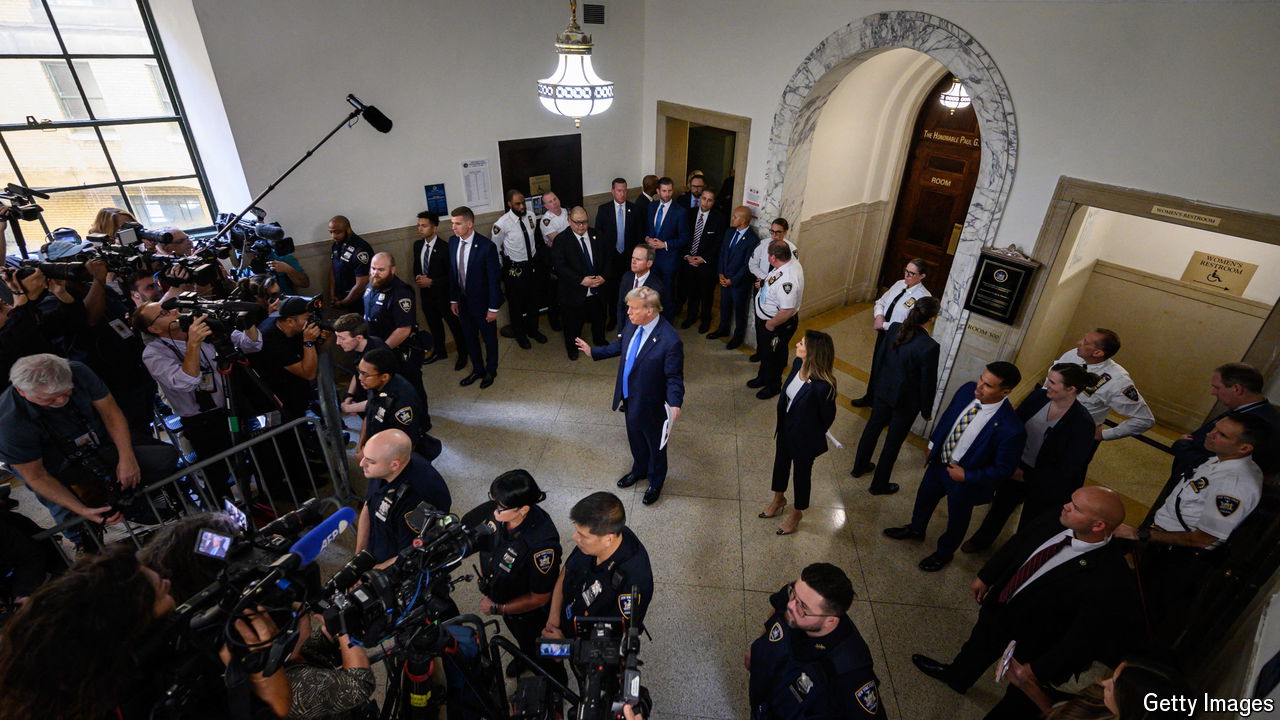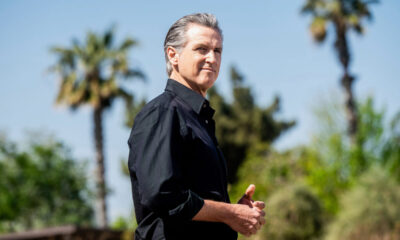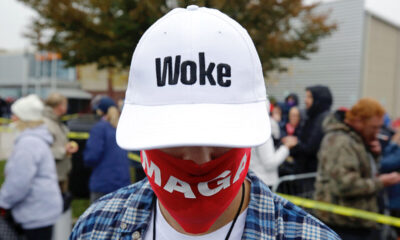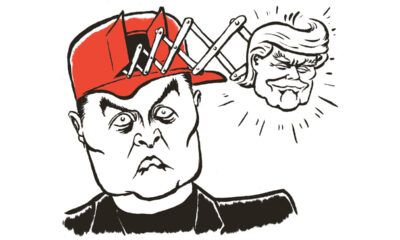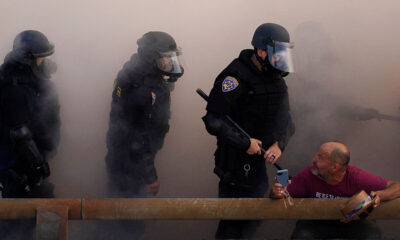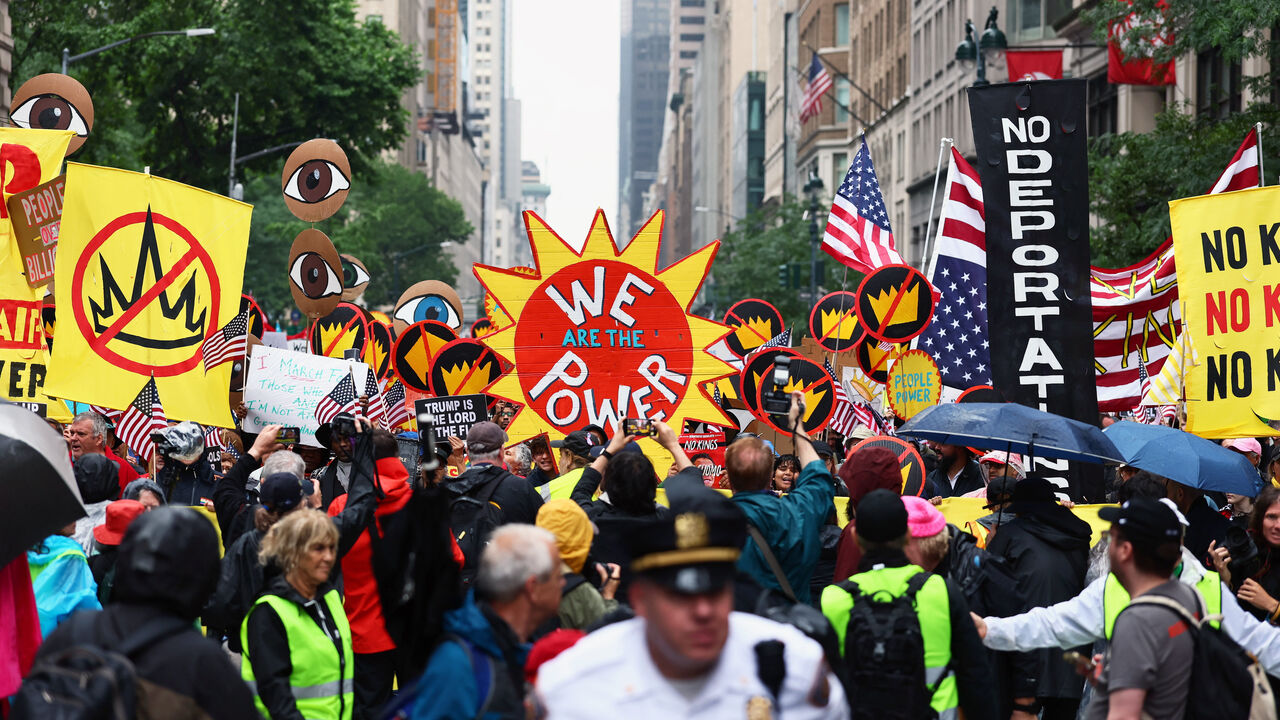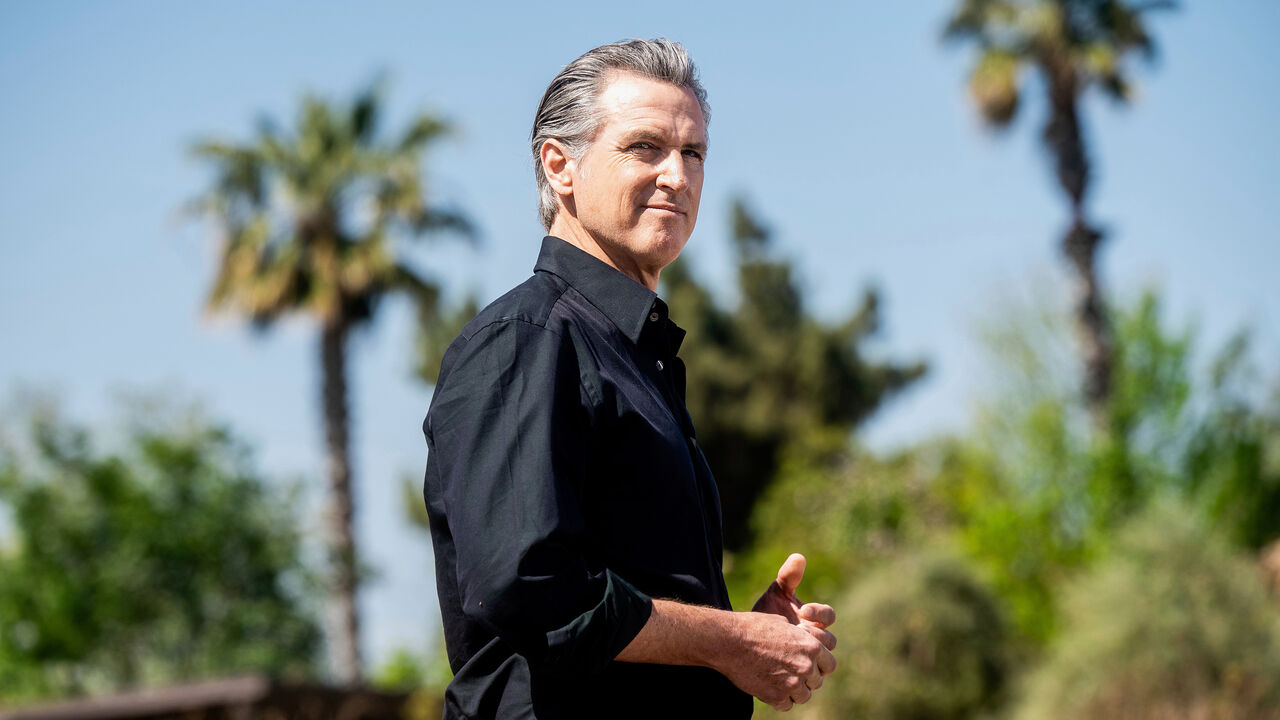WHEN THE curtain rises on Donald Trump’s first criminal trial, in a Manhattan courtroom on April 15th, the show will be a meld of genres. The solemnity of the first prosecution of a former president, who also happens to be running again, will nod to tragedy. Really, though, this is a seedy burlesque, with a bit of farce. The case is about sex, money and blackmail. Mr Trump’s former lawyer and fixer, who will testify against him, once described the conduct at issue as the “filth and muck of politics” and, less delicately, a “shit sandwich”.
Every trial is part theatre. This one, slated to run for six to eight weeks (beginning with jury selection), will be a sell-out. Of the four indictments against Mr Trump it may also be the only one to produce a verdict before the election in November. The other, weightier charges, about alleged election interference and the mishandling of classified documents, are beset by delays.
The case was brought by Manhattan’s district attorney, Alvin Bragg, and captures Mr Trump at his tawdriest. It centres on his efforts to buy the silence of Stephanie Clifford, a former porn star better known as Stormy Daniels, before the 2016 election. Prosecutors allege that the payment was made to protect his candidacy and thus amounted to an undeclared campaign expense. The charges pertain to the supposed cover-up: Mr Trump is accused of falsifying business records to hide the pay-off. He denies any such scheme; his attorneys call it a “fantasy case”.
Early in his first campaign Mr Trump met his lawyer, Michael Cohen, and his friend David Pecker, then the boss of a tabloid publishing company. Mr Pecker agreed to be Mr Trump’s “eyes and ears”—to look out for damaging stories and alert the campaign to them. When a former Trump Tower doorman tried to sell a bogus story to tabloids about how Mr Trump had fathered an illegitimate child, Mr Pecker warned team Trump, which directed him to buy exclusive rights to the story and bury it, a practice known as “catch and kill”. A similar deal was struck when Karen McDougal, a former Playboy model who allegedly had an affair with Mr Trump between 2006 and 2007, emerged from the woodwork. Mr Pecker’s firm paid her $150,000 on the understanding that Mr Trump would pay it back, though the reimbursement never came.
About a month before the election Ms Daniels surfaced, shopping around her story about a sexual encounter with Mr Trump, also in 2006. The “Access Hollywood” tape, in which Mr Trump bragged about grabbing women’s genitals, had just appeared in the press and nearly sunk his candidacy. The campaign could ill-afford headlines about how he had slept with a porn star while his wife was nursing their newborn son. This time, however, Mr Pecker declined to front the hush money, having just been stiffed by Mr Trump. So Mr Cohen paid Ms Clifford from his own pocket.
To reimburse Mr Cohen, Mr Trump and executives at the Trump Organisation agreed to pay him in monthly instalments and label them as legal expenses in the company’s accounts. Hence 34 felonies alleged by Mr Bragg: 11 related to invoices, 12 to ledger entries and 11 to cheques. Normally these would be misdemeanours. To upgrade them, prosecutors must show that the records were falsified to commit, conceal or aid another crime. They have suggested a few: that the hush money amounted to a federal campaign-finance violation, and that tax wasn’t properly paid on the reimbursements.
A parade of witnesses should bolster the prosecutors’ case. Mr Cohen and Mr Pecker will testify to Mr Trump’s alleged involvement in the scheme; campaign staff will attest to the potential damage had Ms Daniels’s account come out before the election. There is an ample paper trail, including cheques that Mr Trump personally signed, and a recording of him discussing the payment for Ms McDougal’s silence.
Mr Trump’s lawyers, for their part, will contend that there was nothing illegal about the hush money: that it was paid purely to protect his personal reputation and spare his wife embarrassment, not to influence the vote or skirt campaign-finance rules. John Edwards, a former Democratic candidate for president, successfully made that argument and was acquitted of breaking campaign-finance laws to hide an affair and out-of-wedlock child during the 2008 election. But it will not help that Mr Cohen has admitted in court that it was a crime. In 2018 he pleaded guilty to making an undeclared campaign contribution (among other charges) and spent just over a year in prison.
Mr Trump’s principal strategy, then, will be to impugn Mr Cohen’s credibility and paint him as an inveterate fibster with an axe to grind. Indeed Mr Cohen has an impressive record of lying under oath and a well-documented animus towards his former boss, who reportedly relished treating him like garbage. (Their rupture came when Mr Trump stopped paying for Mr Cohen’s legal defence in 2018.) Still, flawed witnesses are par for the course for prosecutors.
If Mr Trump is convicted, sentencing will be decided by the judge, Juan Merchan. Although each count carries a maximum of four years in prison, they would probably run concurrently; there is no mandatory minimum. Prison time seems unlikely for a first-time, white-collar felon. But if Mr Trump violates the judge’s gag order—which bars him from attacking jurors and witnesses, among others—he might be in for a surprise.
Would a conviction sway voters? That Mr Trump wanted his philandering kept quiet is neither surprising nor news; Americans are inured to his sex scandals by now. Compared with his other indictments this is small bore. Voters consider it the least serious of the four and a plurality thinks a guilty verdict will have no bearing on his political career, according to polling by YouGov. They are evenly split about whether he should be convicted. An acquittal would vindicate Mr Trump’s claim to be the victim of a political crusade by Mr Bragg, an elected district attorney who is a Democrat.
Much of the discourse around the indictment has been critical of it, even among lawyers on the left. There was doubt about whether state prosecutors could even bring a case that rests on a federal campaign-finance violation, since that is the domain of federal prosecutors. Those questions might arise on appeal, but for now they are academic: judges have refused to toss the case out. Instead Mr Trump is about to make his debut as a criminal defendant. This show is going on.■
Stay on top of American politics with The US in brief, our daily newsletter with fast analysis of the most important electoral stories, and Checks and Balance, a weekly note from our Lexington columnist that examines the state of American democracy and the issues that matter to voters.

 Economics1 week ago
Economics1 week ago
 Economics1 week ago
Economics1 week ago
 Economics1 week ago
Economics1 week ago
 Finance1 week ago
Finance1 week ago
 Blog Post1 week ago
Blog Post1 week ago
 Economics1 week ago
Economics1 week ago
 Personal Finance1 week ago
Personal Finance1 week ago
 Economics1 week ago
Economics1 week ago
